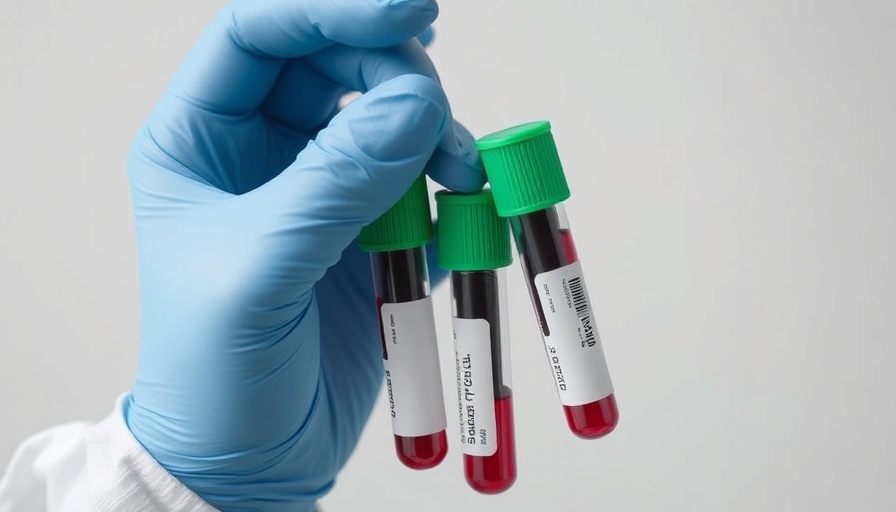
Understanding the Groundbreaking FDA-Approved Blood Test for Alzheimer’s
In a significant leap forward in the fight against Alzheimer’s disease, the FDA has approved the first blood test specifically designed to assist in diagnosing this debilitating condition. This pioneering test, the Lumipulse G pTau217/ß-Amyloid 1-42 Plasma Ratio, is set to change how we approach early detection of Alzheimer's, facilitating more timely interventions that can improve patient outcomes.
The Challenge of Early Detection
Diagnosing Alzheimer’s disease has historically posed challenges for medical professionals. Symptoms often begin subtly and can be mistaken for normal aging or other conditions. Traditionally, diagnosis involved a thorough evaluation that included cognitive assessments and advanced imaging techniques such as PET or MRI. Additionally, samples from cerebrospinal fluid (CSF) were tested for amyloid-beta and tau proteins, which are indicative of Alzheimer’s pathology. However, these procedures are invasive and not always definitive, leading to delays in diagnosis and treatment.
How the New Test Works
The Lumipulse blood test compares levels of two proteins in the blood: tau and amyloid-beta. Specifically, it measures the pTau217 variant and beta-amyloid 1-42, using their ratio to identify the presence of amyloid plaques in the brain—an early indicator of Alzheimer’s. This non-invasive approach not only makes the test more accessible but also offers a quicker alternative for doctors and patients awaiting a diagnosis.
Real-World Impact
Currently, an estimated 32 million individuals globally face the challenges associated with Alzheimer's, a number that could triple by 2050 if no proactive measures are taken. Early intervention with available medications can slow disease progression and enable patients to maintain a better quality of life. The new blood test could become a standard tool in healthcare settings, paving the way for early treatment and potentially altering the trajectory of disease progression.
The Broader Picture: Alzheimer’s and Global Health Trends
The advancement of this diagnostic tool coincides with broader trends in global health. As we face an aging population, diseases like Alzheimer’s require urgent attention from both healthcare providers and policymakers. This progress highlights the importance of investing in health technologies that promote early detection and treatment, supporting not just the well-being of individuals but also alleviating the economic burdens associated with late-stage care for aging populations.
What This Means for Patients
For those affected by cognitive decline, the introduction of a blood test for Alzheimer’s is a beacon of hope. Access to a simple blood draw could empower patients and families alike, reducing the anxiety and uncertainty associated with traditional diagnostic methods. As this test becomes widely available, individuals are encouraged to engage with their healthcare providers about the implications of this new development. Understanding their health and potential next steps has never been more critical.
Engaging in Proactive Health Practices
Beyond diagnostics, embracing healthy living is vital in maintaining cognitive health. Regular physical activity, a balanced diet rich in antioxidants, and mental exercises play a crucial role in brain health. As advancements in medical technology like the new Alzheimer’s blood test emerge, they should be complemented with lifestyle choices that support long-term wellness.
In conclusion, the FDA’s approval of the first blood test for Alzheimer’s represents a transformative step towards better diagnosis and treatment. This advancement not only paves the way for improved patient care but also serves as a reminder of the importance of ongoing research and innovation in combating global health challenges. To stay informed about further developments in health and wellness trends, consider actively following reputable health news sources and engaging in community health initiatives.
 Add Row
Add Row  Add
Add 




 Add Row
Add Row  Add
Add 

Write A Comment